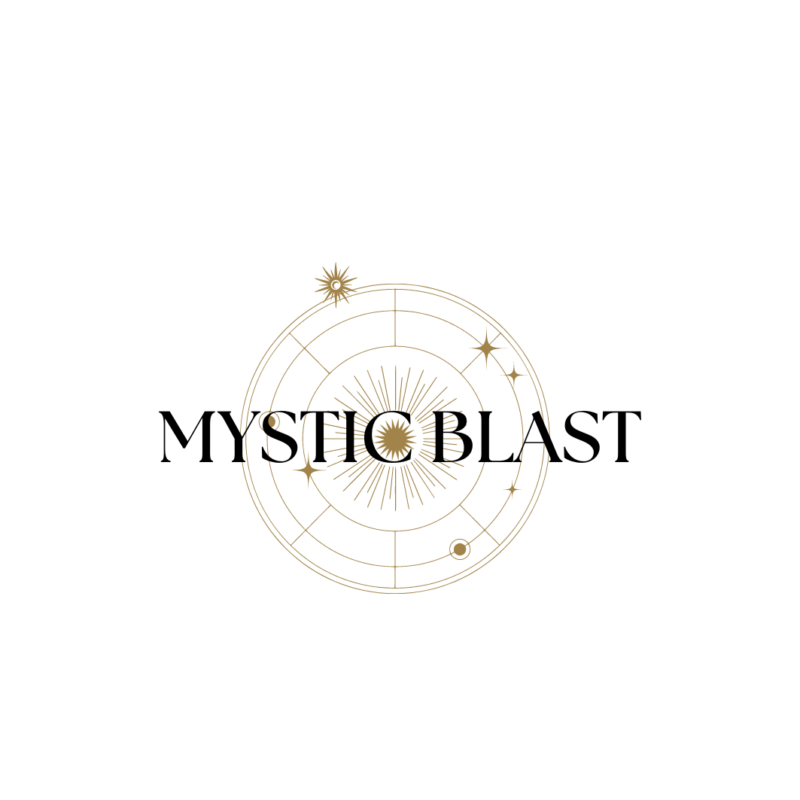Blog
Exploring the Ancient Egyptian Zodiac: Symbols and Meanings
Astrology has been a part of human culture for thousands of years, providing insight into personality traits, life paths, and relationships. One of the most fascinating astrological systems is the Ancient Egyptian Zodiac, which encompasses a rich tapestry of symbols and meanings rooted in the beliefs and mythology of ancient Egypt. In this article, we will delve into the twelve signs of the Egyptian Zodiac, their characteristics, and the significance they held in the lives of the ancient Egyptians.

Understanding the Ancient Egyptian Zodiac
The Ancient Egyptian Zodiac consists of twelve signs, each corresponding to specific dates and aligned with the cycles of the moon and the sun. Unlike the Western Zodiac, which is primarily based on the constellations, the Egyptian system is more intertwined with their mythology and the gods they revered. Each sign is represented by a deity or symbolic creature, reflecting the beliefs and values of the ancient Egyptian civilization.
The Twelve Egyptian Zodiac Signs
Here is a breakdown of the twelve signs of the Ancient Egyptian Zodiac, along with their symbols and meanings:
1. Horace (Horus)
- Dates: January 1 – January 30
- Symbol: The Falcon
- Meaning: As the god of the sky and kingship, those born under Horus are seen as strong leaders, ambitious, and courageous. They possess a strong sense of justice and loyalty.
2. Aset (Isis)
- Dates: January 31 – February 28
- Symbol: The Throne
- Meaning: Aset represents motherhood and fertility. Individuals with this sign are nurturing, intuitive, and protective. They often prioritize family and emotional connections.
3. Set (Seth)
- Dates: February 29 – March 30
- Symbol: The Desert
- Meaning: Known as the god of chaos and storms, those born under Set are independent, rebellious, and adventurous. They are natural challengers of authority and enjoy exploring the unknown.
4. Anubis
- Dates: March 31 – April 29
- Symbol: The Jackal
- Meaning: Anubis is the god of the afterlife and mummification. Individuals with this sign are often mysterious, analytical, and introspective. They have a deep understanding of life and death.
5. Bastet
- Dates: April 30 – May 29
- Symbol: The Cat
- Meaning: Bastet embodies love, fertility, and joy. Those born under this sign are playful, affectionate, and creative. They thrive in harmonious environments and appreciate beauty.
6. Sekhmet
- Dates: May 30 – June 28
- Symbol: The Lioness
- Meaning: Sekhmet is the goddess of war and healing. Individuals with this sign are powerful, passionate, and fiercely protective of their loved ones. They possess a strong drive and determination.
7. Thoth
- Dates: June 29 – July 28
- Symbol: The Ibis
- Meaning: Thoth is the god of wisdom, writing, and knowledge. Those born under Thoth are intellectual, communicative, and insightful. They have a natural curiosity and a thirst for knowledge.
8. Ma’at
- Dates: July 29 – August 27
- Symbol: The Feather
- Meaning: Ma’at represents truth, balance, and justice. Individuals with this sign are fair-minded, honest, and ethical. They strive for harmony in their relationships and work towards collective well-being.
9. Nut
- Dates: August 28 – September 26
- Symbol: The Sky
- Meaning: Nut is the goddess of the sky and the stars. Those born under this sign are imaginative, intuitive, and spiritually inclined. They often seek deeper meaning in life and have a connection to the cosmos.
10. Hapi
- Dates: September 27 – October 26
- Symbol: The Nile River
- Meaning: Hapi represents fertility and abundance. Individuals with this sign are nurturing, generous, and community-oriented. They often seek to create supportive environments for others.
11. Osiris
- Dates: October 27 – November 25
- Symbol: The Djed Pillar
- Meaning: Osiris is the god of the afterlife and resurrection. Those born under this sign are resilient, transformative, and often experience profound personal growth through challenges.
12. Ptah
- Dates: November 26 – December 25
- Symbol: The Hammer
- Meaning: Ptah is the god of creation and craftsmanship. Individuals with this sign are innovative, practical, and skilled. They have a strong desire to bring their ideas to life and contribute to society.
The Role of Egyptian Astrology in Daily Life
Ancient Egyptians relied on astrology to guide their daily lives, making decisions based on celestial events and the characteristics of their zodiac signs. Here are some ways astrology influenced their culture:
- Agricultural Practices: The cycles of the moon and the stars were closely tied to planting and harvesting seasons.
- Personal Relationships: Egyptians often consulted astrological insights when choosing partners or forming alliances.
- Spiritual Rituals: Astrology played a significant role in their religious practices, with rituals aligned with astrological events.
Comparing Ancient Egyptian and Western Zodiac
While both the Ancient Egyptian Zodiac and the Western Zodiac feature twelve signs, they differ in several ways:
- Mythological Influences: The Egyptian system is deeply rooted in mythology and the worship of gods, while the Western Zodiac is based on the constellations and their astrological meanings.
- Symbolism: The symbols used in the Egyptian Zodiac reflect their gods and cultural beliefs, whereas Western symbols are often tied to nature and the universe.
- Interpretation: The focus of Egyptian astrology is more on spiritual and emotional growth, while Western astrology often emphasizes personality traits and behavioral tendencies.
The Influence of Egyptian Astrology Today
The legacy of ancient Egyptian astrology continues to influence modern spiritual practices and new age beliefs. Here are some ways its principles are applied today:
- Personal Development: Many people explore their Egyptian zodiac sign to gain insights into their personality and life path.
- Astrological Studies: Egyptian astrology has become a topic of interest for those studying ancient cultures and spiritual practices.
- Integration with Modern Practices: Elements of Egyptian astrology are often blended with other spiritual practices, such as crystal healing and meditation.
Conclusion
The Ancient Egyptian Zodiac offers a unique and profound understanding of personality traits and life paths rooted in rich mythology and cultural significance. Each of the twelve signs carries its own symbolism, providing insights that can guide individuals on their journeys of self-discovery and growth.
As you explore your own Egyptian zodiac sign, take time to reflect on its meanings and how they resonate with your experiences. Embrace the wisdom of ancient Egypt and allow it to inspire your personal journey toward greater understanding and fulfillment. The knowledge and insights gleaned from this ancient system can serve as valuable tools in navigating the complexities of life.
En savoir plus:https://mysticblast.com/12th-house-astrology-your-guide-to-understanding-hidden-strengths-and-fears
